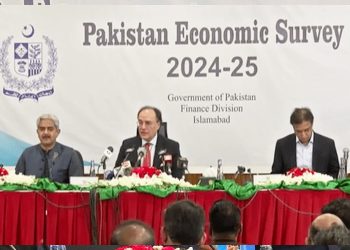The disclosure that 90 percent of the “beggars” arrested abroad are Pakistani citizens should be treated seriously. This is not only harming the nation’s image abroad but also affects the surge in human trafficking and illegal migration.
The startling disclosure was made during a meeting of the Senate Standing Committee on Overseas Pakistanis which was informed that that a growing number of beggars are moving abroad. It was mentioned that a staggering 90 percent of beggars arrested in foreign countries were Pakistanis.
It has been observed that Pakistanis are exploiting visas for Saudi Arabia, Iran, and Iraq by going on the pretext of performing Umrah or Ziarat and were found begging there. Due to the growing presence of such elements, many countries such as the UAE have banned begging and imposed jail terms. Thousands are deported every year but this has not deterred them from such activities. Many have been found pickpocketing even in holy sites of Makkah and Madinah. This trend is increasingly being observed in European countries while Japan has also emerged as the new destination.
Although the trend must be condemned, it does showcase the dire economic condition in Pakistan. Our country was known for sending skilled and unskilled manpower abroad. Due to the surge in immigration, many countries are giving preference to highly-skilled workers. As a result, Pakistan has lost its competitive edge and unskilled people have no option but resort to begging while abroad.
The unemployment level in Pakistan has reached epic proportions. More than 50,000 engineers are currently unemployed. Pakistani citizens are willing to work on wages lower than India, Nepal, and Bangladeshi citizens. Due to a lack of technical skills, Pakistan has been unable to produce highly skilled workers such as software engineers or skilled doctors and thus loses out on legal migrating routes.
The government must take steps to address the concerns of foreign employers about the skills and trustworthiness of Pakistani workers. This can be done by improving the quality of education and training programs and most importantly by promoting a culture of honesty. We must uphold our integrity to maintain our status in the comity of nations.






























